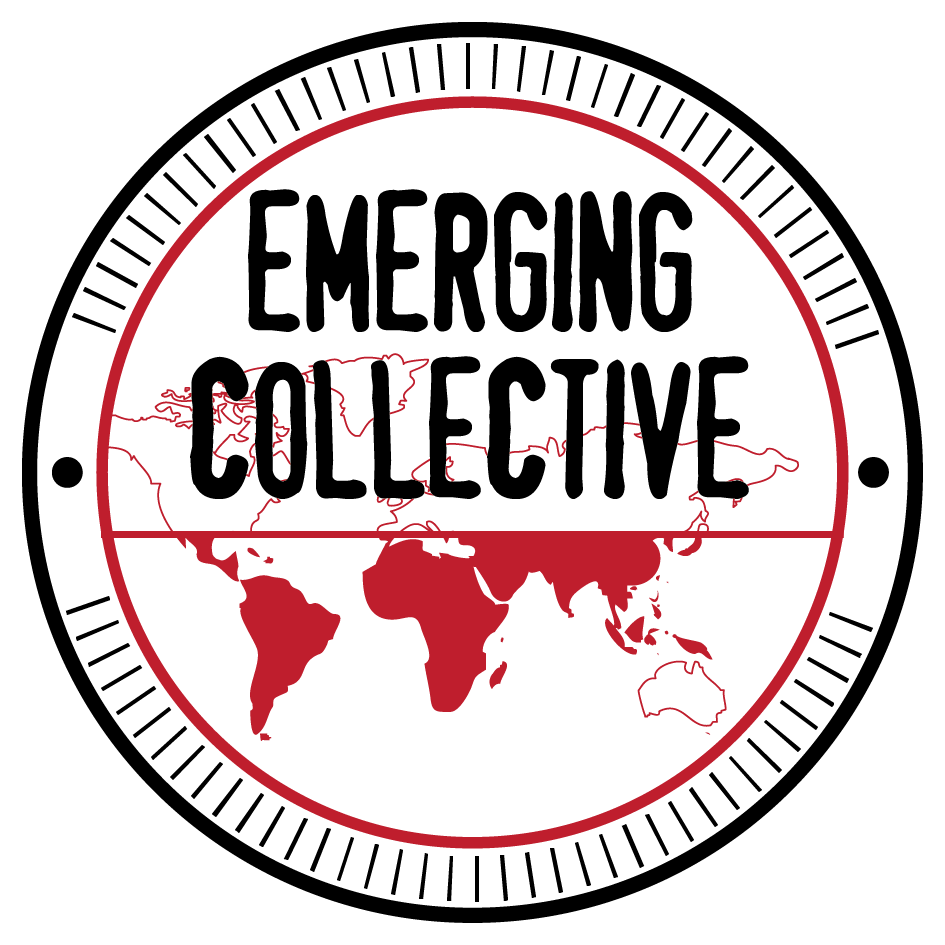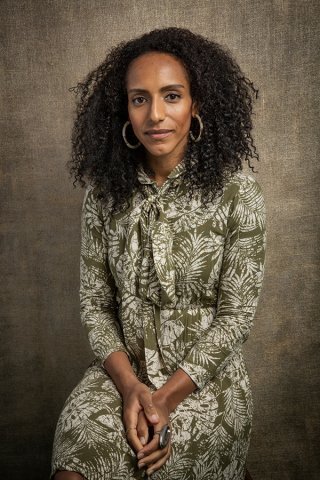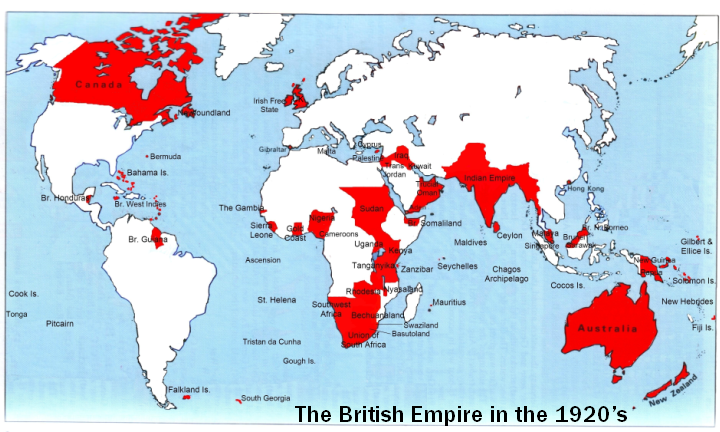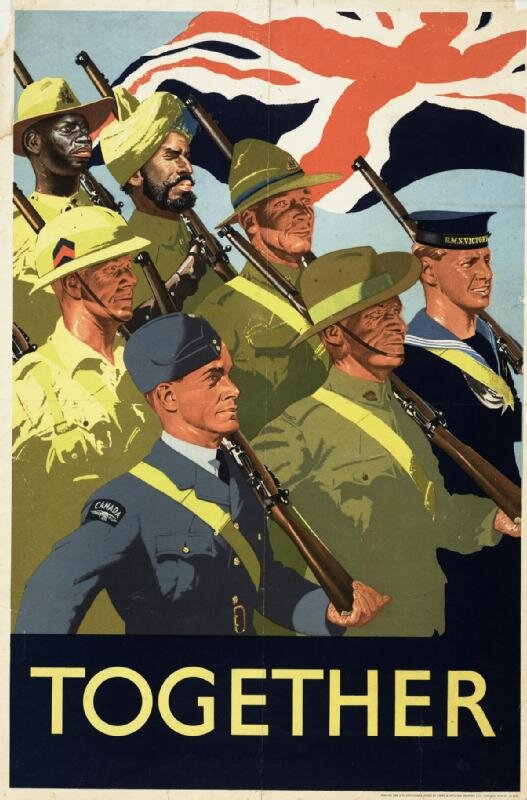New Podcasts Re-Assess British Colonial Legacy
This story originally appeared in the Financial Times.
“[Looking at] the way empire treated people, that is when something in your belly starts to burn, because they’re your ancestors,” says the BBC presenter Anita Rani. “What happened to my grandfather, and what he carried, was passed on to his children and then passed on through me.”
In the new Audible podcast series We Need to Talk About the British Empire, the journalist and writer Afua Hirsch looks at the legacy of Britain’s past through the eyes of those whose histories are steeped in colonialism. At its peak, Britain’s overseas colonies covered close to 25 per cent of the earth’s land surface and affected a fifth of the world’s population. Long after the empire had been dismantled, Britons were taught to be proud of their colonial past through stories of how the British built roads, railways and hospitals, and spread Christianity and the English language. Now a new generation of writers and scholars are reassessing its impact and legacy. It is not a happy picture.
In the first episode, Hirsch talks to Rani about the secret that has cast a shadow across Rani’s family, who, two generations ago, lived in the Punjab. After working on the canals, her maternal grandfather, Sant Singh, became a soldier in the British Indian army and, long before he met Rani’s grandmother, was married with two children. But then came the partition in 1947 during which India was carved up by religious affiliation. Described here as “one of the greatest tragedies in modern human history”, it uprooted Sant Singh’s family who, while he was posted elsewhere, were forced to leave their home. Presumed murdered, they were never seen again.
It’s just one of many brutal stories collected in Hirsch’s expansive and illuminating series which highlights the economic exploitation, structural racism and fundamental inhumanity of British imperialism. While academics and commentators provide the required historical context, the focus here is on human stories, which are frequently upsetting. Along with Rani, we hear from the Black Mamba Boy author Nadifa Mohamed, the poet Benjamin Zephaniah and the actress Diana Rigg, who offers her perspective not as the colonised but a coloniser in her childhood home of Bikaner, India.
The musician Emma-Lee Moss, known as Emmy the Great, provides a more positive view of late-20th-century colonialism as she recalls the final years of British rule in Hong Kong before the 1997 handover to China. Spanning continents and generations, We Need to Talk About the British Empire punctures the myth of benevolent colonists and tells a different and important history. This is the version that should be taught in schools.
1619, a podcast from the New York Times, provides another alternative history as it begins on the coast of Point Comfort in Virginia, where, just over 400 years ago, a ship arrived carrying enslaved Africans. This is an evocative and disturbing portrait of a US founded on the suffering of black people.




